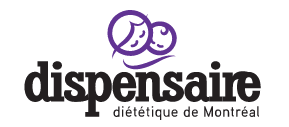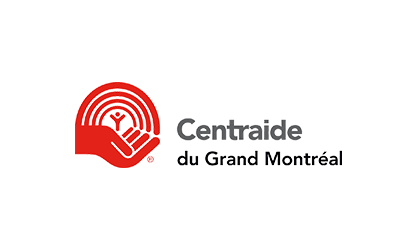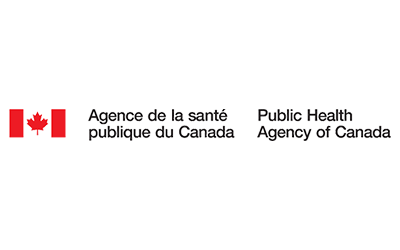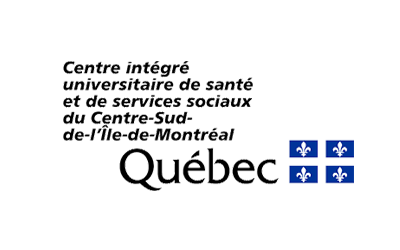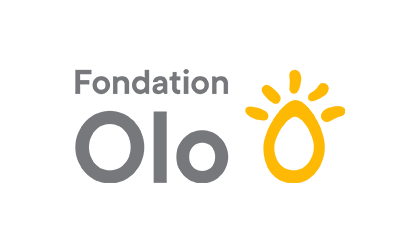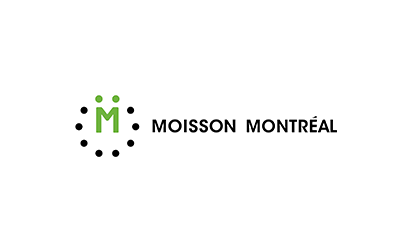Yes, the mother’s diet influences the content of certain nutrients in her milk.
The type of fat found in milk depends on the food intake of the mother. If the mother consumes a lot of sources of omega-3, such as oily fish, her milk will contain more. Omega-3s are essential for the brain development of the baby.
The presence of vitamins B and C in breast milk is influenced by the mother’s diet. Vitamin C is found mainly in fruits, especially citrus fruits, and vegetables. Also, women who consume little or no animal products must ensure a sufficient supply of vitamin B12, either by consuming fortified foods or supplements. For example, soy products and soy beverages are often fortified with B12.
In general, the presence of vitamins A, D, E and K in breast milk depends also on the diet of the mother. Particular attention should be paid to vitamin D, since breast milk contains very little. Breastfed babies are also at higher risk of deficiency. It is therefore advisable for all exclusively breastfed babies to get a vitamin D supplement of 400 international units (IU) per day.
Finally, the nursing mother may benefit from nutritional assessment with a nutritionist to avoid dietary deficiencies. A varied and balanced diet will ensure that her milk contains everything the baby needs.
